All Articles on page 3


How to Crack NHB Senior Horticulture Officer Exam 2026
NHB Senior Horticulture Officer 2026 complete guide: eligibility, exam pattern (objective + descriptive), detailed syllabus, 90-day preparation plan, NHB schemes, job profile & salary.

NCET 2026 Notification, Eligibility & Full Preparation Guide
NCET 2026 full details: Exam pattern, syllabus, eligibility, 100-day study plan, participating colleges (IITs, Central Universities, RIEs) & expert preparation strategy for 4-year Integrated Teacher Education Programme (ITEP)
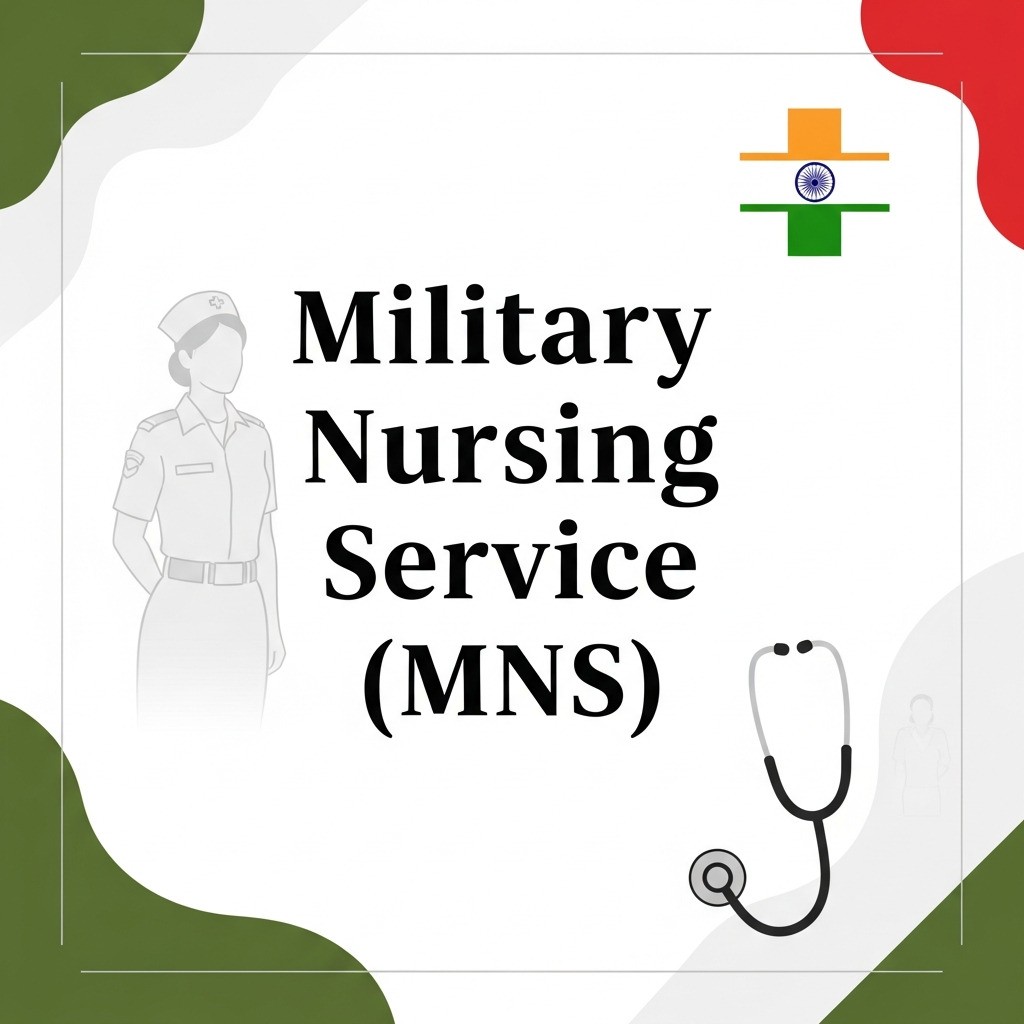
MNS 2026: Indian Army B.Sc Nursing Entrance – Eligibility, NEET, Pattern & Prep Guide
MNS 2026 Notification Expected Soon! Join Indian Army as Nurse: Qualify NEET UG + ToGIGE CBT (150 Qs), PAT, Interview. Check Eligibility (Unmarried Females, 17–25 Yrs), 220 Seats in AFMS Colleges, Selection Process, Syllabus & 100-Day Prep Tips.
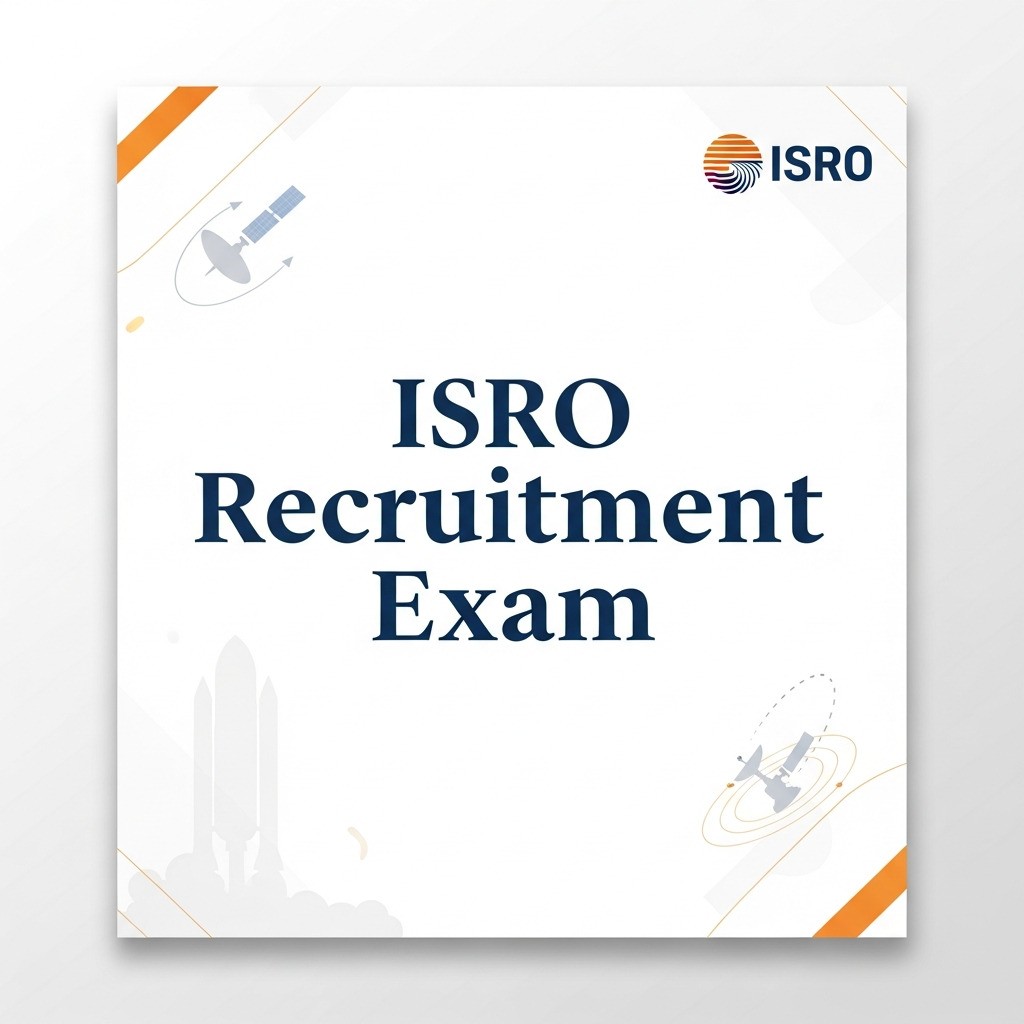
ISRO Scientist Engineer 2026: SAC Recruitment 49 Vacancies, Syllabus, Pattern & Apply Online
ISRO SAC Recruitment 2026 Notification Out! 49 Scientist/Engineer 'SC' & 'SD' Posts (Apply by Feb 12). Check Exam Pattern, Detailed Syllabus (Electronics/Mech/CS), Eligibility, Salary & Prep Tips

CUET PG 2026: Exam Date, Syllabus, Pattern, Application & Preparation Guide
CUET PG 2026 Notification Out! Check March 2026 Exam Dates, Syllabus PDF, Pattern (75 MCQs, 90 Mins), Eligibility, Top Universities (DU, JNU, BHU), and 100-Day Prep Plan for MA/MSc/MCom/LLM.

CUET UG 2026: The Ultimate 8-Step Admissions Roadmap
Section-wise Strategy, Subject Mapping, and 100-Day Prep Guide for Top Universities.

Agricultural Officer Recruitment 2026: The Ultimate Career Roadmap
Everything about IBPS AFO & State AO Exams: Syllabus, Eligibility, and Prep Strategy.
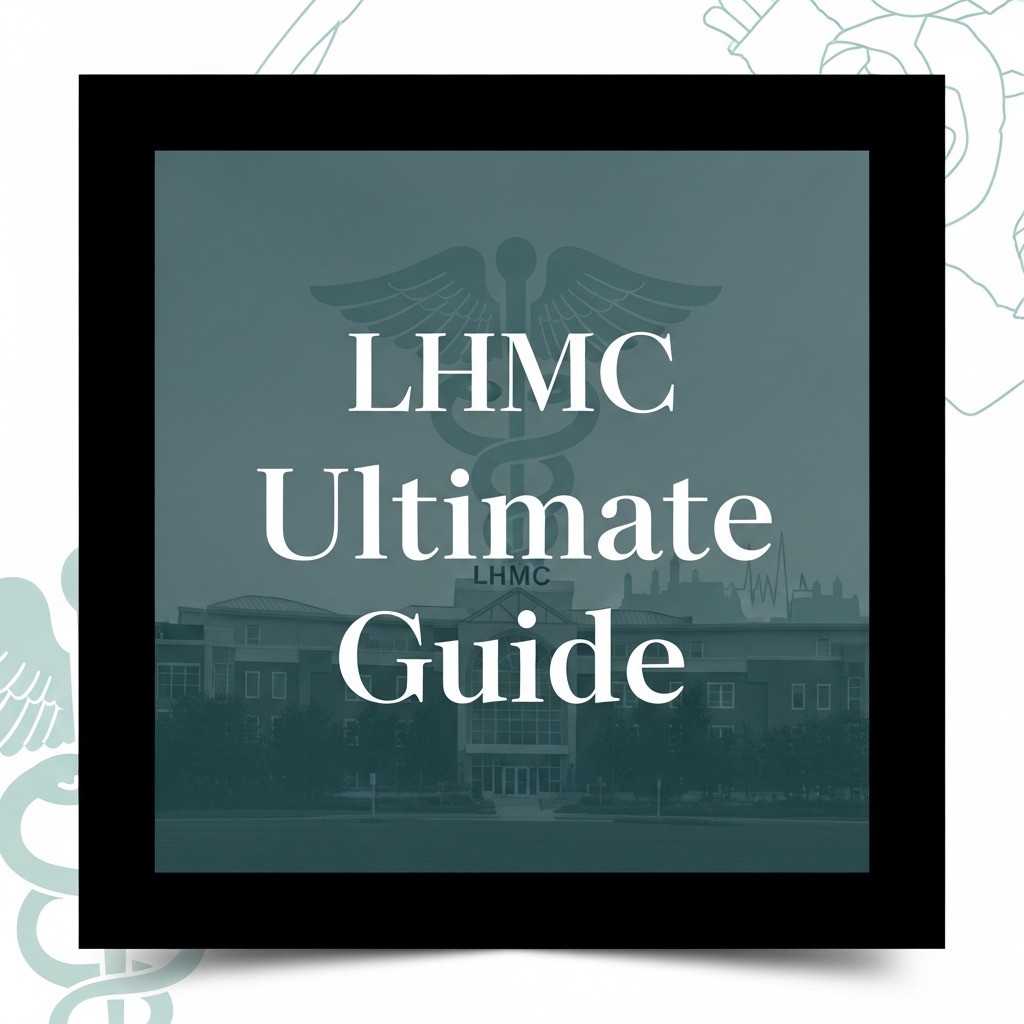
LHMC Admission Guide 2026: Complete Roadmap to MBBS & B.Sc Nursing
Your Ultimate Guide to NEET-UG Cut-offs, Delhi Quota vs AIQ, and Lady Hardinge Entrance Strategy
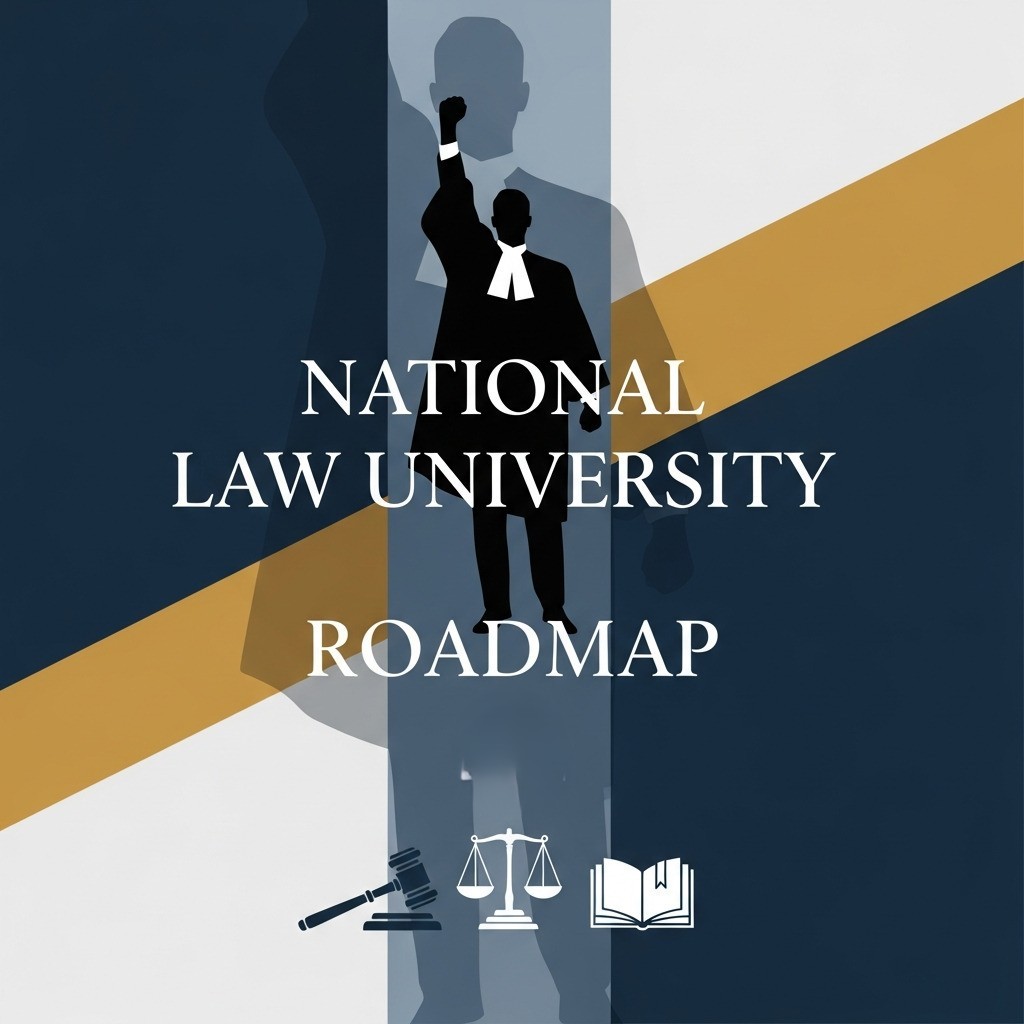
National Law University (NLU) Entrance 2026: The Zero to Hero Roadmap
A comprehensive guide to CLAT and AILET 2026 preparation, covering passage-based strategies, legal reasoning, and NLU Delhi specific tips.
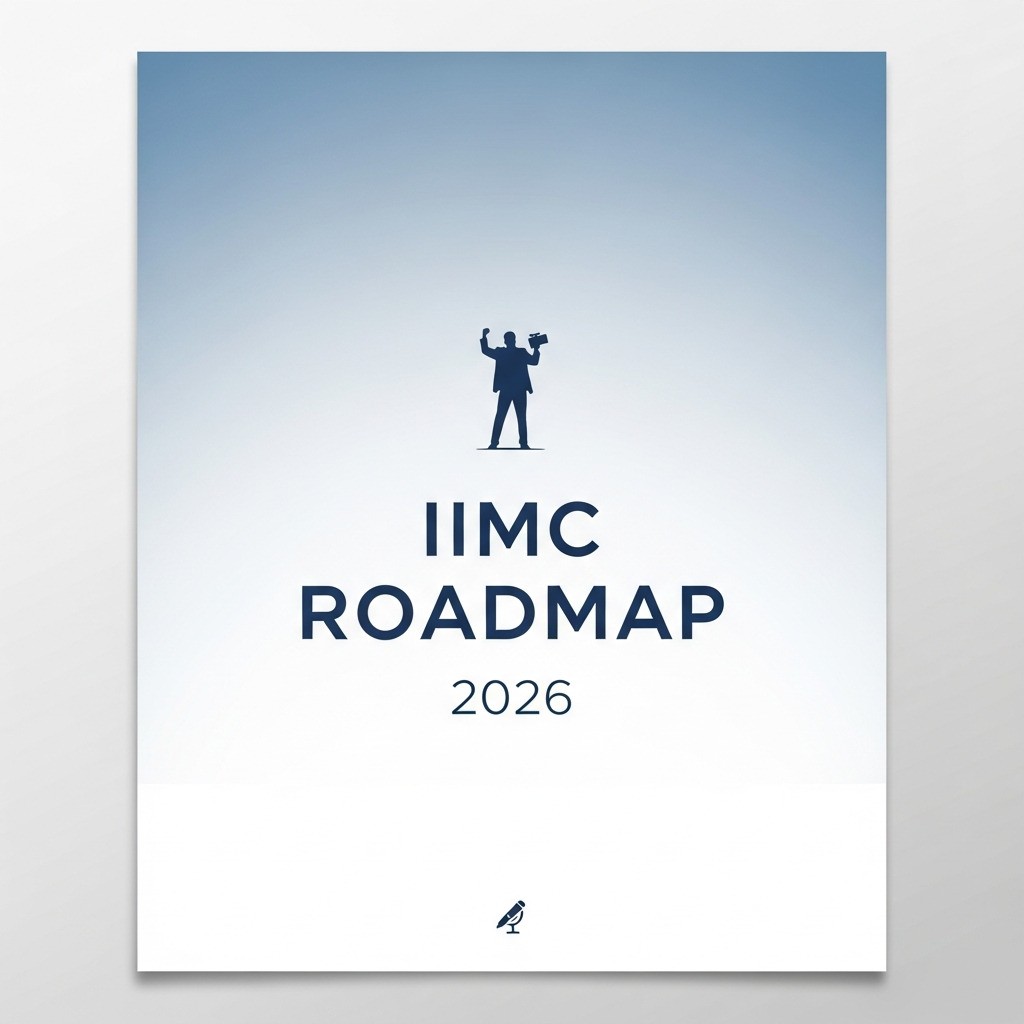
IIMC Admission 2026 Roadmap: Crack CUET PG Mass Comm & Journalism
A complete guide to the IIMC entrance process, CUET PG COQP17 syllabus, physical fitness of your media knowledge, and topper strategies.
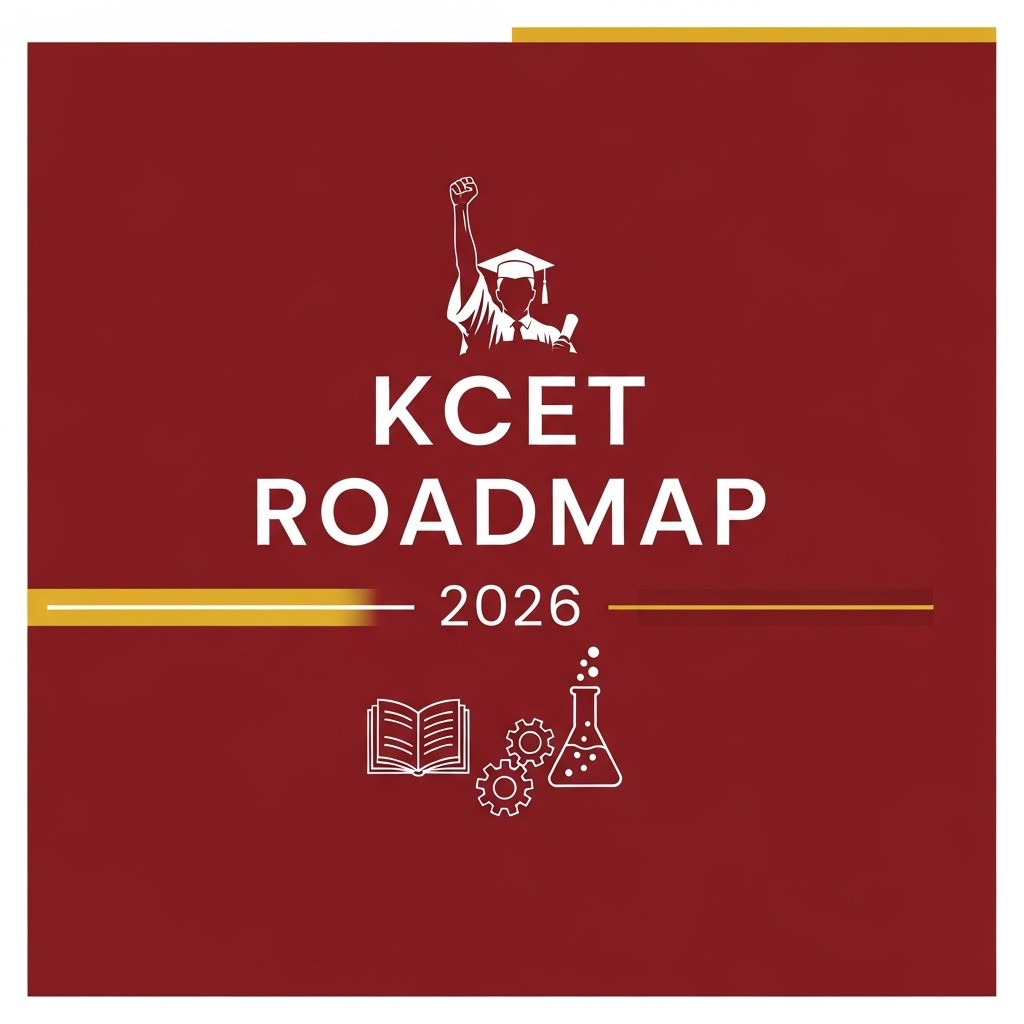
KCET 2026 Roadmap: Crack Karnataka CET with Zero to Hero Strategy
A complete guide to the KCET 2026 exam pattern, high-weightage chapters, no-negative marking strategy, and top-tier study resources.

National Sports University Admission 2026: NSUEE Entrance Roadmap
A complete guide to the NSUEE exam pattern, physical fitness norms, and sports proficiency tests for BPES and B.Sc Sports Coaching.

GPAT 2026 Roadmap: Crack the Pharmacy Entrance (Zero to Hero Guide)
Master the NBEMS GPAT 2026 with our ultimate study plan, covering high-weightage subjects, best books, and numerical strategies.

NCHMCT JEE 2026 Roadmap: Crack IHM Entrance (Zero to Hero Guide)
A complete strategy for the new NCHM JEE 2026 pattern, including section-wise weightage, best books, and hospitality aptitude tips.

JNU Admission Roadmap 2025–26: How to Crack CUET for JNU
Master the JNU entrance with our Zero to Hero guide—covering CUET subject mapping, deprivation points, and topper strategies.
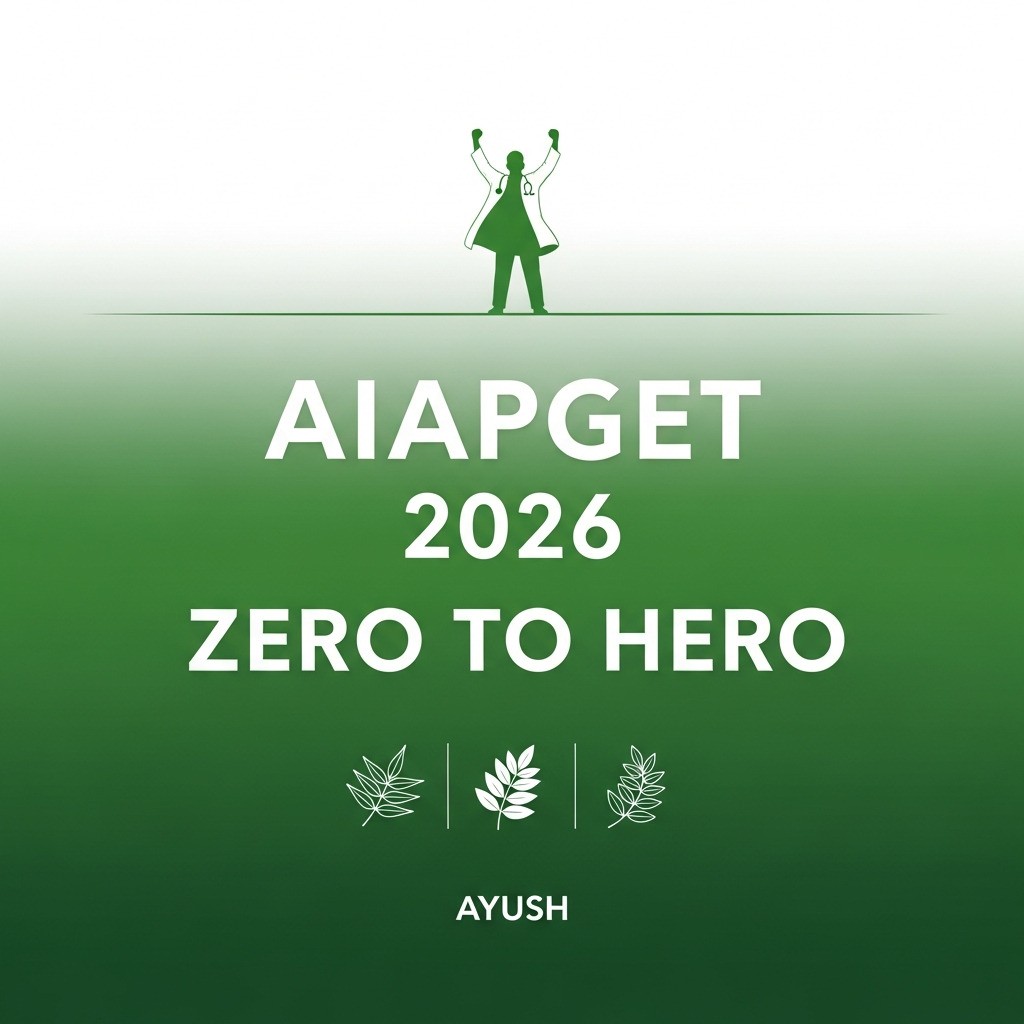
AIAPGT 2025–2026 Roadmap: From Zero to Hero Study Plan (MD/MS Ayurveda)
A comprehensive guide to mastering Samhitas, high-yield topics, and winning strategies to crack the All India AYUSH Post Graduate Entrance Test.

A complete NEET UG 2025–2026 preparation roadmap covering syllabus analysis, study timetable, subject-wise strategy, revision plans, and exam-day tips for medical aspirants.
Learn how to prepare for NEET UG 2026 with this zero-to-hero study plan. Covers syllabus breakdown, best books, mock test strategy, daily timetable, revision techniques, and exam tips for 650+ score.

GATE Sociology 2026: Exam Date, Syllabus & Theoretical Strategy
Master the XH-C6 Paper: Detailed analysis of Sociological Theory, Research Methods, and Indian Society.

GATE Psychology 2026: Exam Date, Syllabus & High-Yield Strategy
Master the XH-C5 Paper: Detailed analysis of Cognitive, Clinical, and Research Methodology.

GATE Philosophy 2026: Exam Date, Syllabus & Study Strategy
Master the XH-C4 Paper: Detailed analysis of Indian, Western, and Moral Philosophy for 2026.

GATE Linguistics 2026: Exam Date, Syllabus & Technical Strategy
Master the XH-C3 Paper: In-depth analysis of Phonology, Syntax, and Semantics for 2026.

GATE English 2026: Exam Date, Syllabus & Cultural Studies Strategy
Master the XH-C2 Paper: Detailed analysis of Literary Periods, Theory, and Part B1.

GATE Economics 2026: Syllabus, Marking Scheme, and Preparation Guide
Master the XH-C1 Paper: Detailed analysis of Micro, Macro, and Econometrics for 2026.

GATE Life Sciences (XL) 2026: Exam Date, Syllabus & Elective Strategy
Master the XL Paper: Detailed analysis of Chemistry (Compulsory) and Elective Sections (P through U).

GATE Engineering Sciences (XE) 2026: Paper Choice, Syllabus & Strategy
Master the XE Paper: Detailed analysis of Section A and elective sections (B through H).

GATE Textile Engineering & Fibre Science 2026: Exam Date, Syllabus & Strategy
Master the TF Paper: In-depth analysis of Polymer Science, Yarn Manufacture, and Fabric Mechanics.

GATE Statistics 2026: Exam Date, Syllabus Weightage, and Strategy
Master the ST Paper: In-depth analysis of Probability, Inference, and Stochastic Processes.

GATE Production & Industrial Engineering 2026: Syllabus, Weightage, and Strategy
Master the PI Paper: Detailed analysis of Manufacturing, Operations Research, and 2026 Dates.

GATE Physics 2026: Exam Date, Syllabus Weightage, and Strategy
Master the PH Paper: In-depth analysis of Quantum Mechanics, Mathematical Physics, and 2026 Strategy.

GATE Petroleum Engineering 2026: Exam Date, Syllabus & PSU Strategy
Master the PE Paper: In-depth analysis of Reservoir Engineering, Drilling, and Production.

GATE Naval Architecture & Marine Engineering 2026: Syllabus & Strategy
Master the NM Paper: In-depth analysis of Hydrostatics, Ship Resistance, and Marine Power Plants.

GATE Metallurgical Engineering 2026: Exam Date, Syllabus & PSU Guide
Master the MT Paper: Detailed analysis of Thermodynamics, Physical Metallurgy, and Extractive Metallurgy.

GATE Mining Engineering 2026: Exam Date, Syllabus Weightage, and PSU Guide
Master the MN Paper: Detailed analysis of Rock Mechanics, Ventilation, and Mine Surveying.

GATE Mechanical Engineering 2026: Exam Dates, Syllabus Weightage, and PSU Strategy
Master the ME Paper: In-depth analysis of Thermodynamics, Design, and Manufacturing for 2026.

GATE Mathematics 2026: Exam Date, Detailed Syllabus & Topic Weightage
Master the MA Paper: In-depth analysis of Linear Algebra, Real Analysis, and 2026 Strategy.

GATE Instrumentation Engineering 2026: Exam Date, Syllabus & Weightage
Master the IN Paper: Detailed analysis of Sensors, Control Systems, and Transducers for 2026.

GATE Geology & Geophysics 2026: Syllabus, Part B Choice, and PSU Guide
Master the GG Paper: In-depth analysis of Common Part A and specialized Part B sections.

GATE Ecology and Evolution 2026: Exam Date, Syllabus & High-Weightage Topics
Master the EY Paper: A deep dive into Evolutionary Mechanisms, Population Ecology, and 2026 Strategy.
